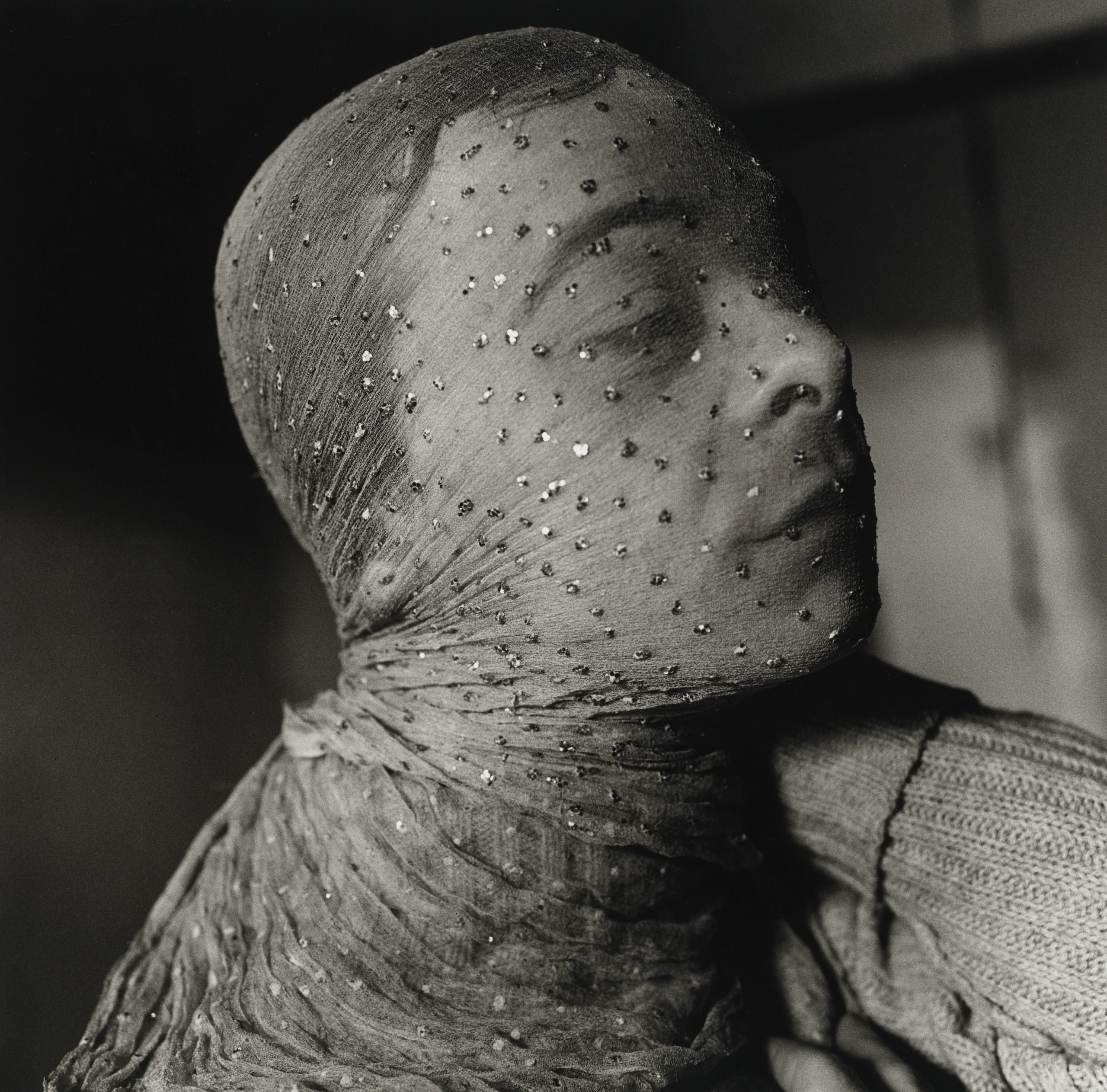
Gary Indiana, the prolific art critic, essayist, novelist, playwright, actor, and artist, has died at age 74 after a long battle with cancer.
In the 1980s, Indiana made his name in New York as the art critic for The Village Voice, and for his devastating debut novel set against the AIDS crisis, Horse Crazy (1989), which follows an art writer’s obsessive love for a younger artist.
Throughout his career, Indiana took notes on the beautiful and foul, with equal parts approbation and disdain. He wrote 15 works of fiction, including a popular true crime trilogy that consists of Resentment: A Comedy (1997), Three Month Fever: The Andrew Cunanan Story (1999), and Depraved Indifference (2001).
In the heady ’80s East Village art scene, Indiana emerged as its dark prince, and starred in Michel Auder’s classic 1981 film A Coupla White Faggots Sitting Around Talking, alongside superstars of the heroin underground, writers and actresses Jackie Curtis and Cookie Mueller.
Gary Indiana’s books, including Rent Boy, Depraved Indifference, Anything but Love, Horse Crazy, and Do Everything in the Dark helped cement him as a singular literary talent.
Indiana’s tenure as an art critic and artist was brief but impactful, running from 1985 to 1988. His stark, acerbic prose offered a unfazed perspective on that thrilling, dynamic era. Writing in 1985 of Joseph Beuys’s new sculpture Capri-Batterie, a lightbulb plugged into a light, he mused, “The current hedging sobriety of the art world cries out for some monumentally jejune pretension to provide the season with a hearty cackle.”
A 1986 essay, “Talking Back,” opens, “As it happened, the space shuttle exploded the day I went for a second look at Metro Picture’s all-women group show.” His columns were collected in 2018 by Semiotexte in a volume titled Vile Days.
Hilton Als and Gary Indiana in the late 1980s. Photo by Catherine McGann/Getty Images
Born in Derry, New Hampshire, in 1950, as Gary Hoisington (he later changed his name), Indiana spent time in Los Angeles and Boston before settling in New York in the late 1970s. His literary legacy is inextricably linked to the AIDS crisis, which was about to emerge. Horse Crazy captures the tenor of the East Village art world as it lost one creative luminary after another. It raised his profile from being the voice of the Downtown avant-garde to a distinguished American novelist.
For the next 30 years, his books and essays earned a cult following, and much of his early work has been reissued lately, like Rent Boy (1994) and Do Everything in the Dark (2001), earning him a new, younger audience.
In his later years, Indiana veered away from art criticism and into personal essays and political writing for publications like Artforum, Vice, and many boutique literary websites. In 2015, his published a memoir, I Can Give You Anything But Love. Today, Granta published his final fiction essay, “Five O’Clock Somewhere,” which narrates the unglamorous processes and psychological tolls of aging.
Indiana’s death comes in the wake of the recent passing of other key art critics, Dave Hickey in 2021 and Peter Schjeldahl in 2022, both at 80. Indiana’s legacy is for his astringent, sneering approach and the deeply compassionate heart that it veiled.
“An era can be just what it looks like, finally, with everybody’s footnotes crammed into the bottom of the frame,” he wrote in his recent Granta essay. “After time runs out you will persist in someone’s memory somewhere, the way alcoholics say, ‘It’s five o’clock somewhere.’ “